The newest registered user is гераскинс
Our users have posted a total of 48009 messages in 7050 subjects

WORLD CLOCK
xkcd : webcomic
Valley of the Sun Casual Club :: ENTERTAINMENT , SPORTS & NEWS & SOCIAL MEDIA :: VALLEY OF THE FUN OFF THE WALL TOPICS 2 pages
 Climate Change Is Complex. We’ve Got Answers to Your Questions.
Climate Change Is Complex. We’ve Got Answers to Your Questions.
What is happening?
1. Climate change? Global warming? What do we call it?
Both are accurate, but they mean different things.You can think of global warming as one type of climate change. The broader term covers changes beyond warmer temperatures, such as shifting rainfall patterns.
President Trump has claimed that scientists stopped referring to global warming and started calling it climate change because “the weather has been so cold” in winter. But the claim is false. Scientists have used both terms for decades.
2. How much is the Earth heating up?
Two degrees is more significant than it sounds.As of early 2017, the Earth had warmed by roughly 2 degrees Fahrenheit (more than 1 degree Celsius) since 1880, when records began at a global scale. The number may sound low, but as an average over the surface of an entire planet, it is actually high, which explains why much of the world’s land ice is starting to melt and the oceans are rising at an accelerating pace. If greenhouse gas emissions continue unchecked, scientists say, the global warming could ultimately exceed 8 degrees Fahrenheit, which would undermine the planet’s capacity to support a large human population.
3. What is the greenhouse effect, and how does it cause global warming?
We’ve known about it for more than a century. Really.In the 19th century, scientists discovered that certain gases in the air trap and slow down heat that would otherwise escape to space. Carbon dioxide is a major player; without any of it in the air, the Earth would be a frozen wasteland. The first prediction that the planet would warm as humans released more of the gas was made in 1896. The gas has increased 43 percent above the pre-industrial level so far, and the Earth has warmed by roughly the amount that scientists predicted it would.
Interested in keeping up with climate change?
Sign up to receive our in-depth journalism about climate change around the world.4. How do we know humans are responsible for the increase in carbon dioxide?
This one is nailed down.Hard evidence, including studies that use radioactivity to distinguish industrial emissions from natural emissions, shows that the extra gas is coming from human activity. Carbon dioxide levels rose and fell naturally in the long-ago past, but those changes took thousands of years. Geologists say that humans are now pumping the gas into the air much faster than nature has ever done.
5. Could natural factors be the cause of the warming?
Nope.In theory, they could be. If the sun were to start putting out more radiation, for instance, that would definitely warm the Earth. But scientists have looked carefully at the natural factors known to influence planetary temperature and found that they are not changing nearly enough. The warming is extremely rapid on the geologic time scale, and no other factor can explain it as well as human emissions of greenhouse gases.
6. Why do people deny the science of climate change?
Mostly because of ideology.Instead of negotiating over climate change policies and trying to make them more market-oriented, some political conservatives have taken the approach of blocking them by trying to undermine the science.
President Trump has sometimes claimed that scientists are engaged in a worldwide hoax to fool the public, or that global warming was invented by China to disable American industry. The climate denialists’ arguments have become so strained that even oil and coal companies have distanced themselves publicly, though some still help to finance the campaigns of politicians who espouse such views.
Part 2
What could happen?
1. How much trouble are we in?
Big trouble.Over the coming 25 or 30 years, scientists say, the climate is likely to gradually warm, with more extreme weather. Coral reefs and other sensitive habitats are already starting to die. Longer term, if emissions rise unchecked, scientists fear climate effects so severe that they might destabilize governments, produce waves of refugees, precipitate the sixth mass extinction of plants and animals in the Earth’s history, and melt the polar ice caps, causing the seas to rise high enough to flood most of the world’s coastal cities. The emissions that create those risks are happening now, raising deep moral questions for our generation.
2. How much should I worry about climate change affecting me directly?
Are you rich enough to shield your descendants?The simple reality is that people are already feeling the effects, whether they know it or not. Because of sea level rise, for instance, some 83,000 more residents of New York and New Jersey were flooded during Hurricane Sandy than would have been the case in a stable climate, scientists have calculated. Tens of thousands of people are already dying in heat waves made worse by global warming. The refugee flows that have destabilized politics around the world have been traced in part to climate change. Of course, as with almost all other social problems, poor people will be hit first and hardest.
3. How much will the seas rise?
The real question is how fast.The ocean has accelerated and is now rising at a rate of about a foot per century, forcing governments and property owners to spend tens of billions of dollars fighting coastal erosion. But if that rate continued, it would probably be manageable, experts say.
The risk is that the rate will increase still more. Scientists who study the Earth’s history say waters could rise by a foot per decade in a worst-case scenario, though that looks unlikely. Many experts believe that even if emissions stopped tomorrow, 15 or 20 feet of sea level rise is already inevitable, enough to flood many cities unless trillions of dollars are spent protecting them. How long it will take is unclear. But if emissions continue apace, the ultimate rise could be 80 or 100 feet.
4. Is recent crazy weather tied to climate change?
Some of it is.Scientists have published strong evidence that the warming climate is making heat waves more frequent and intense. It is also causing heavier rainstorms, and coastal flooding is getting worse as the oceans rise because of human emissions. Global warming has intensified droughts in regions like the Middle East, and it may have strengthened a recent drought in California.
In many other cases, though — hurricanes, for example — the linkage to global warming for particular trends is uncertain or disputed. Scientists are gradually improving their understanding as computer analyses of the climate grow more powerful.
Part 3
What can we do?
1. Are there any realistic solutions to the problem?
Yes, but change is happening too slowly.Society has put off action for so long that the risks are now severe, scientists say. But as long as there are still unburned fossil fuels in the ground, it is not too late to act. The warming will slow to a potentially manageable pace only when human emissions are reduced to zero. The good news is that they are now falling in many countries as a result of programs like fuel-economy standards for cars, stricter building codes and emissions limits for power plants. But experts say the energy transition needs to speed up drastically to head off the worst effects of climate change.
2. What is the Paris Agreement?
Virtually every country agreed to limit future emissions.The landmark deal was reached outside Paris in December 2015. The reductions are voluntary and the pledges do not do enough to head off severe effects. But the agreement is supposed to be reviewed every few years so that countries ramp up their commitments. President Trump announced in 2017 that he would pull the United States out of the deal, though that will take years, and other countries have said they would go forward regardless of American intentions.
3. Does clean energy help or hurt the economy?
Job growth in renewable energy is strong.The energy sources with the lowest emissions include wind turbines, solar panels, hydroelectric dams and nuclear power stations. Power plants burning natural gas also produce fewer emissions than those burning coal. Converting to these cleaner sources may be somewhat costlier in the short term, but they could ultimately pay for themselves by heading off climate damages and reducing health problems associated with dirty air. And expansion of the market is driving down the costs of renewable energy so fast that it may ultimately beat dirty energy on price alone — it already does in some areas.
The transition to cleaner energy certainly produces losers, like coal companies, but it also creates jobs. The solar industry in the United States now employs more than twice as many people as coal mining.
4. What about fracking or ‘clean coal’?
Both could help clean up the energy system.Hydraulic fracturing, or “fracking,” is one of a set of drilling technologies that has helped produce a new abundance of natural gas in the United States and some other countries. Burning gas instead of coal in power plants reduces emissions in the short run, though gas is still a fossil fuel and will have to be phased out in the long run. The fracking itself can also create local pollution.
“Clean coal” is an approach in which the emissions from coal-burning power plants would be captured and pumped underground. It has yet to be proven to work economically, but some experts think it could eventually play a major role.
5. What’s the latest with electric cars?
Sales are still small overall, but they are rising fast.The cars draw power at night from the electric grid and give off no pollution during the day as they move around town. They are inherently more efficient than gasoline cars and would represent an advance even if the power were generated by burning coal, but they will be far more important as the electric grid itself becomes greener through renewable power. The cars are improving so fast that some countries are already talking about banning the sale of gasoline cars after 2030.
6. What are carbon taxes, carbon trading and carbon offsets?
It’s just jargon for putting a price on pollution.The greenhouse gases being released by human activity are often called “carbon emissions” for short. That is because two of the most important gases, carbon dioxide and methane, contain carbon. (Some other pollutants are lumped into the same category, even if they do not actually contain carbon.) When you hear about carbon taxes, carbon trading and so on, these are just shorthand descriptions of methods to put a price on emissions, which economists say is one of the most important steps society could take to limit them.
7. Climate change seems so overwhelming. What can I personally do about it?
Start by sharing this with 50 of your friends.Experts say the problem can only be solved by large-scale, collective action. Entire states and nations have to decide to clean up their energy systems, using every tool available and moving as quickly as they can. So the most important thing you can do is to exercise your rights as a citizen, speaking up and demanding change.
You can also take direct personal action to reduce your carbon footprint in simple ways that will save you money. You can plug leaks in your home insulation to save power, install a smart thermostat, switch to more efficient light bulbs, turn off unused lights, drive fewer miles by consolidating trips or taking public transit, waste less food, and eat less meat.
Taking one or two fewer plane rides per year can save as much in emissions as all the other actions combined. If you want to be at the cutting edge, you can look at buying an electric or hybrid car or putting solar panels on your roof. If your state has a competitive electricity market, you may be able to buy 100 percent green power.
Leading corporations, including large manufacturers like carmakers, are starting to demand clean energy for their operations. You can pay attention to company policies, support the companies taking the lead, and let the others know you expect them to do better.
These personal steps may be small in the scheme of things, but they can raise your own consciousness about the problem — and the awareness of the people around you. In fact, discussing this issue with your friends and family is one of the most meaningful things you can do.
Paul
Please enjoy
_________________
May the SUN always be with you
home of
https://www.valleyofthesuncc.com/ an information and entertainment only website
Valley of the Sun Casual Club :: ENTERTAINMENT , SPORTS & NEWS & SOCIAL MEDIA :: VALLEY OF THE FUN OFF THE WALL TOPICS 2 pages

 Events
Events






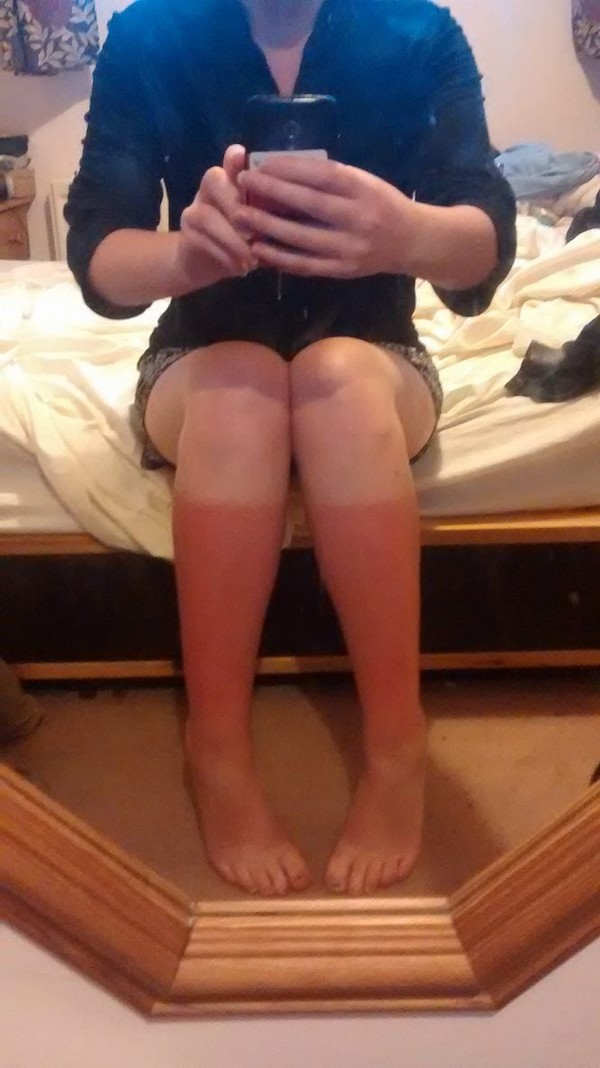

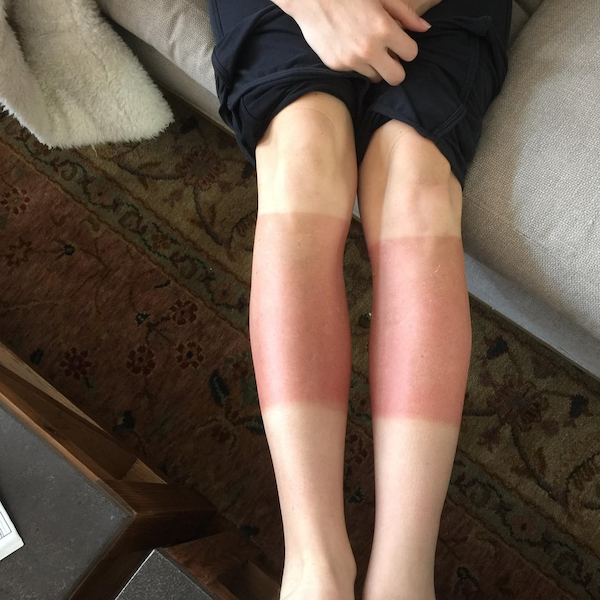



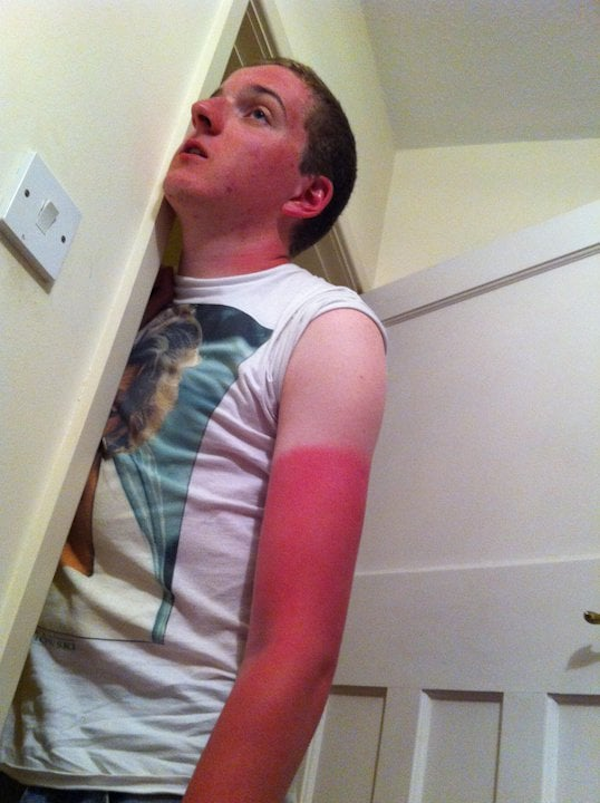


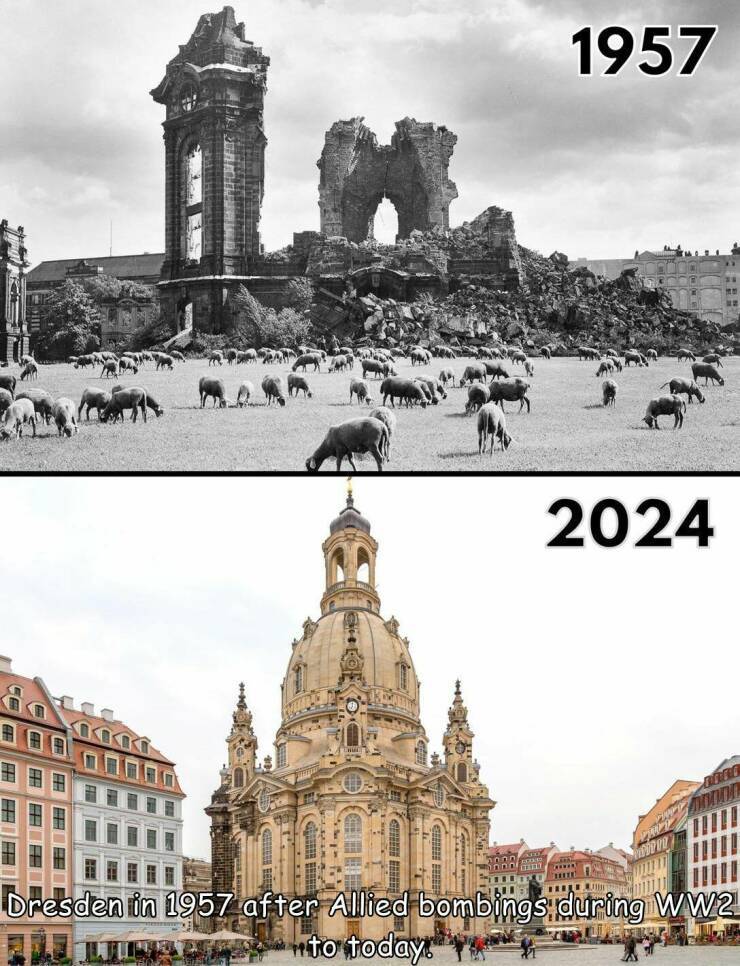

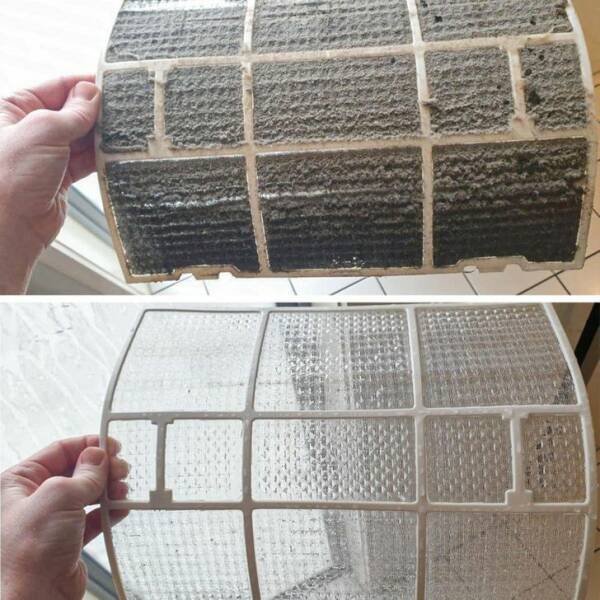

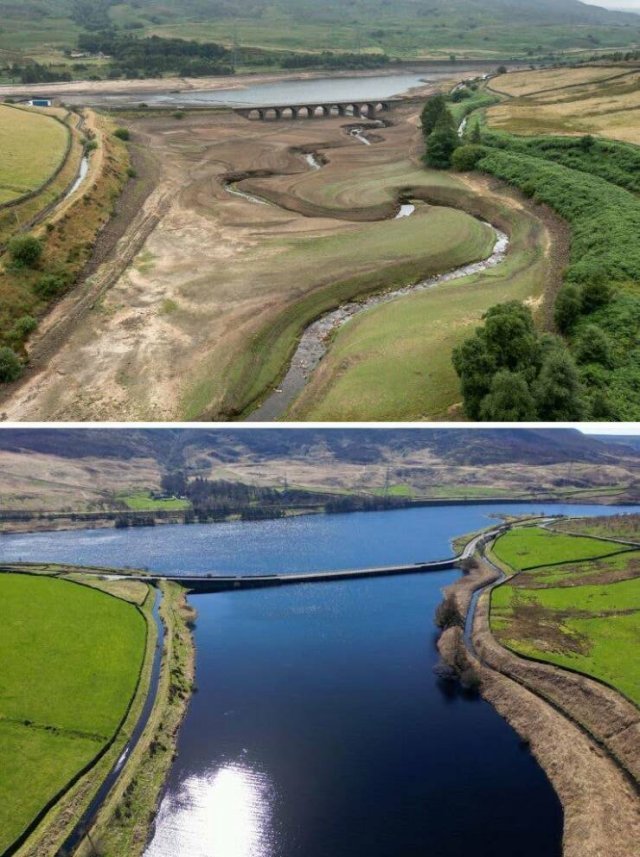







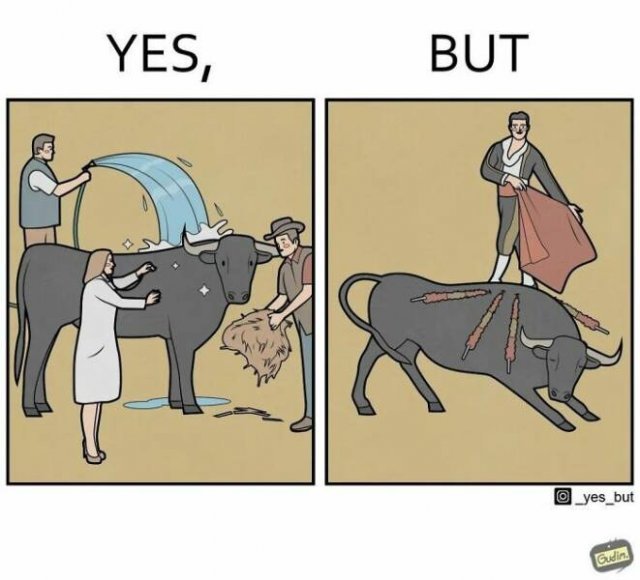
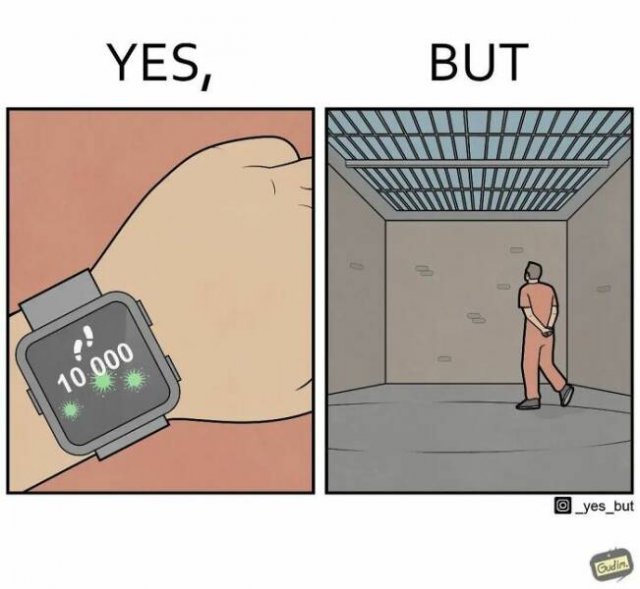
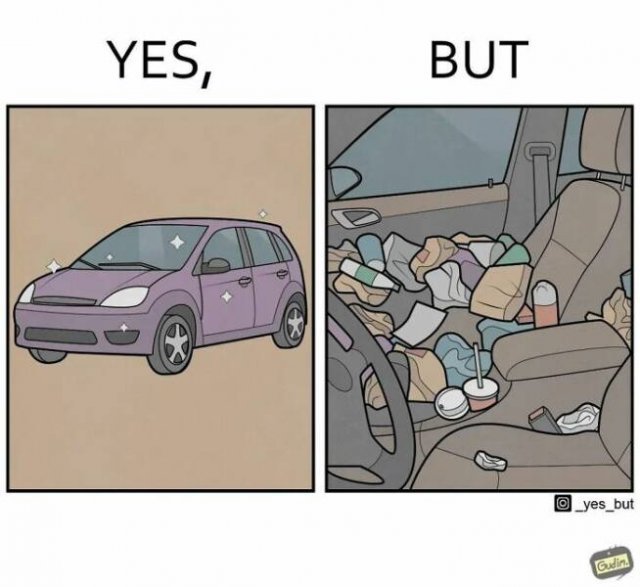
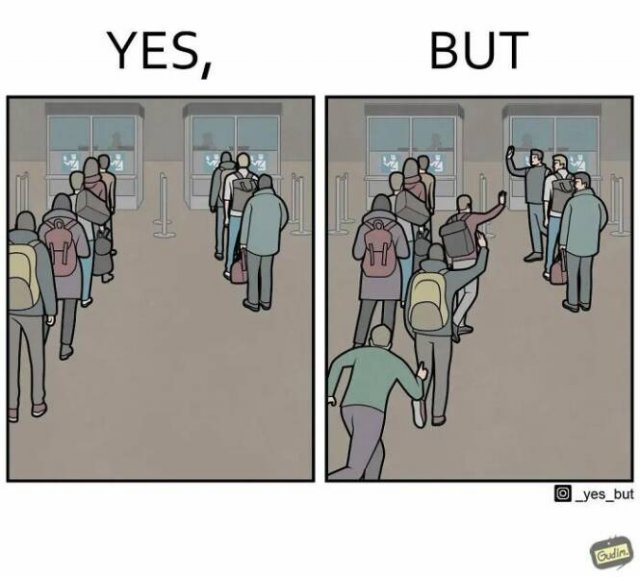
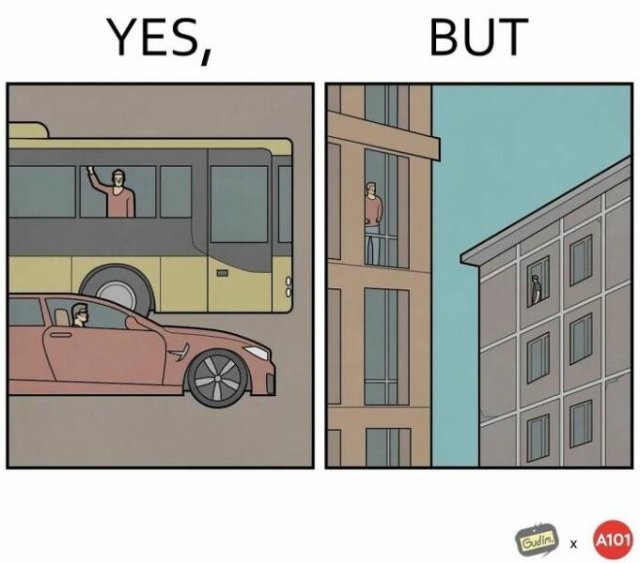
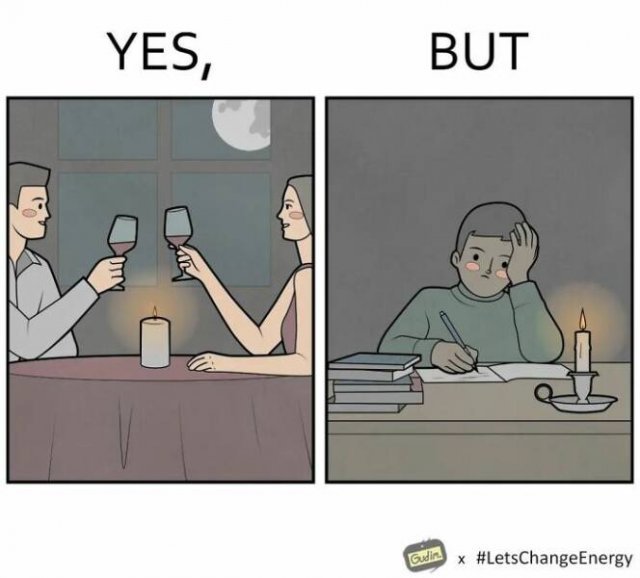
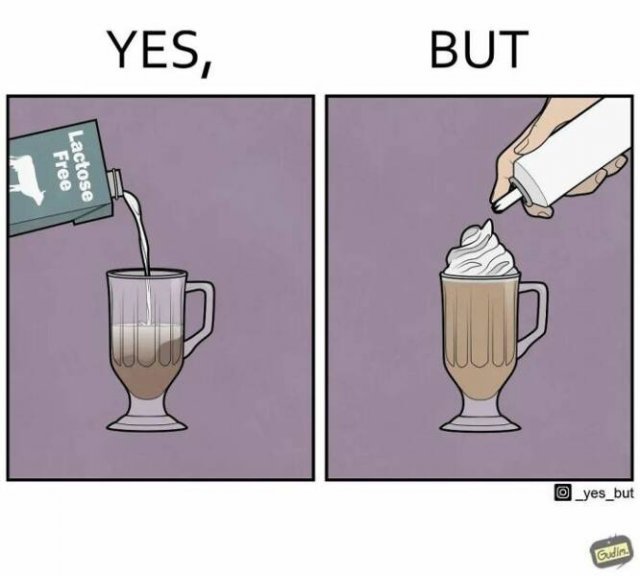
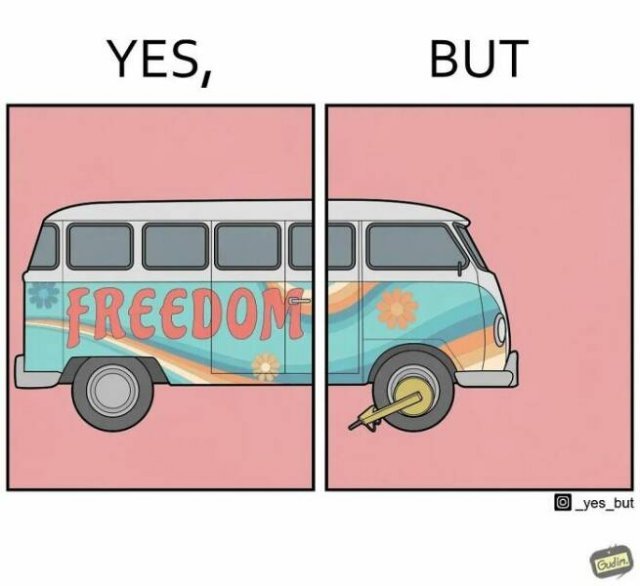








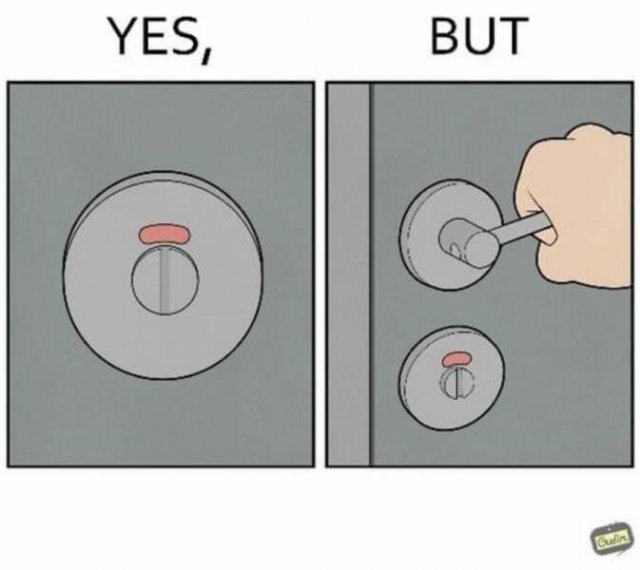


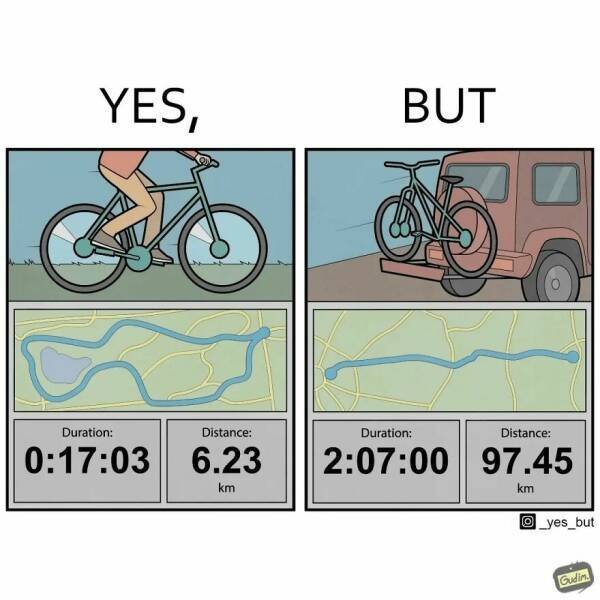
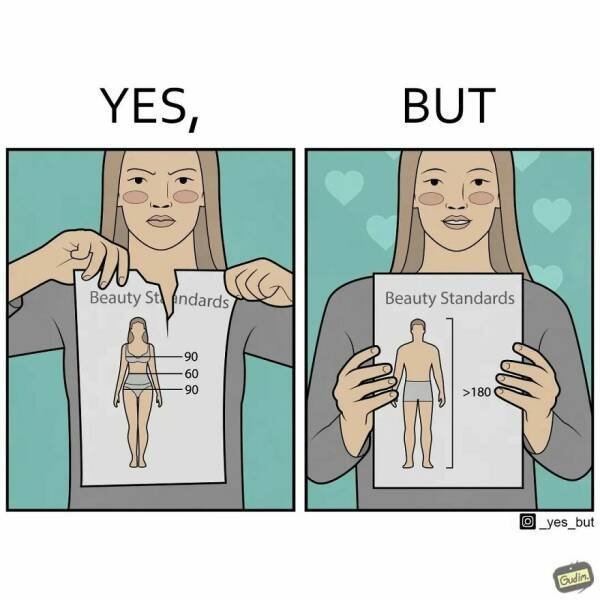

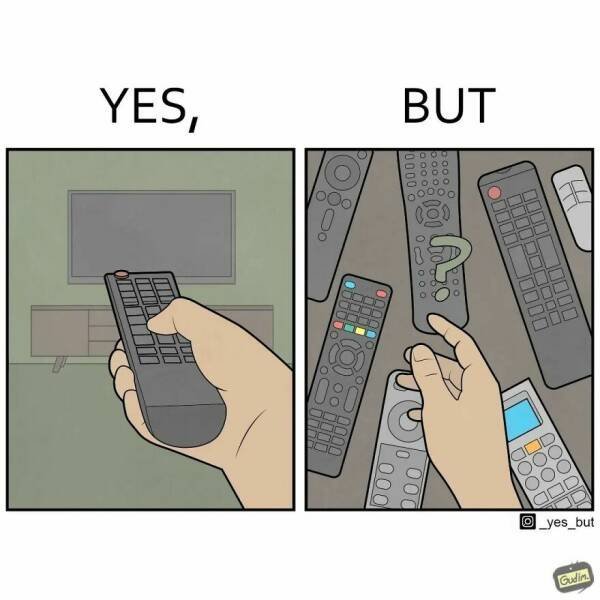

















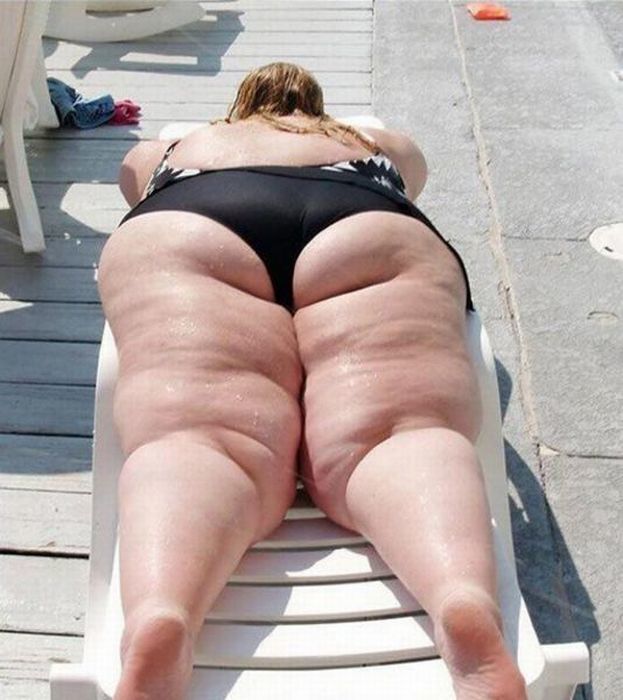
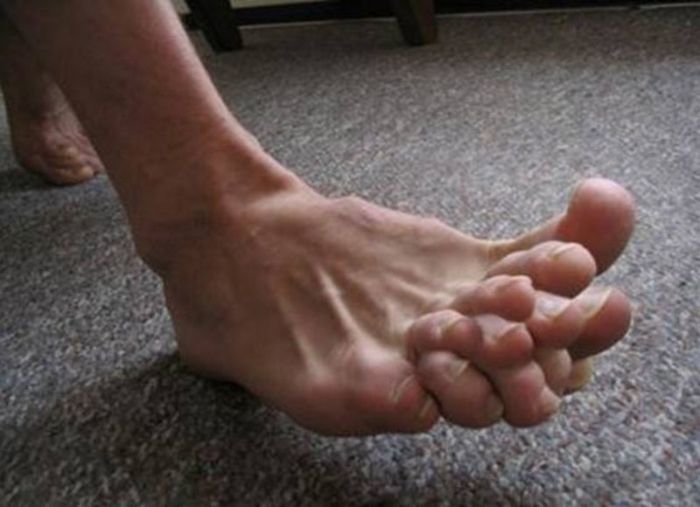










» INTRO TO WORD SMARTS
» PINTEREST ICONIC COMIX
» HISTORY FACTS * Gold wasn't always the top Olympic medal *
» Word Genius Word of the day * occlude *
» JULY NATIONAL CELEBRATION DAYS JULY 26 2024
» QUIZ TREAT QUIZ *Which mammal has the most powerful bite? *
» QUIZ TREAT ANSWER PAGE
» NAT GEO * The 2024 Olympics will likely be the hottest ever *
» NAT GEO * Sharks found with cocaine in their systems *
» WISE TRIVIA QUIZ *What was the first song ever played on the radio? *
» WISE TRIVIA ANSWER PAGE
» E.S.Etaski * Sister Seekers Book 10 now available everywhere! *
» WORD DAILY Word of the Day: * literatim *
» JULY NATIONAL CELEBRATION DAYS JULY 25 2024